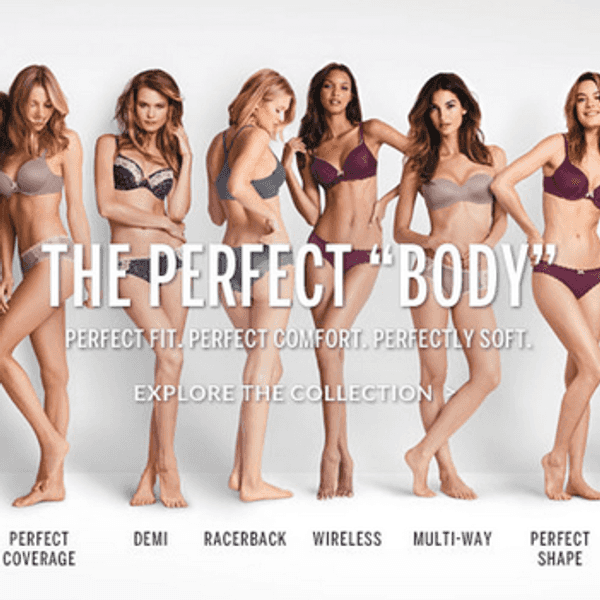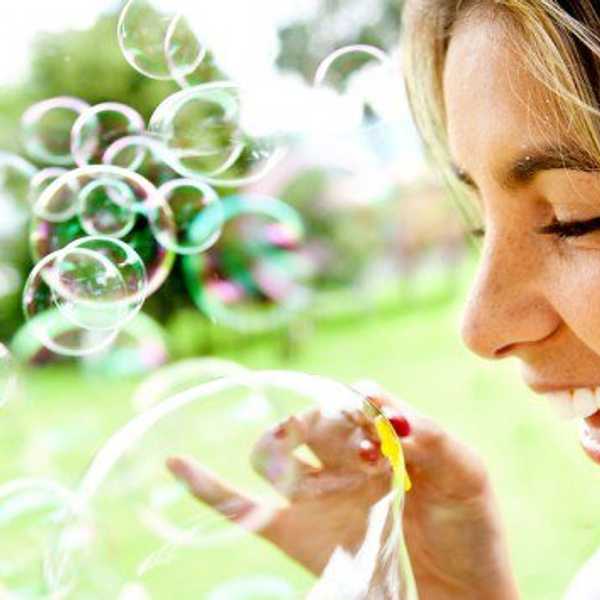Along with the increased use of social media has come a heightened awareness of others around us. We have slowly transformed into a society that seeks validation from others, whether it be a compliment at work or a “heart eyes” emoji comment on Instagram. While it is essential and a part of human nature to receive reinforcement or a certain response based on our behavior, it is paramount to undergo the realization that our own self-image is more important than what anyone else cares to think. Whatever beauty standards are being used right now obviously aren't working, with 53% of 13-year olds unhappy with their bodies. That number skyrockets to 78% by the time they're 17.
Bad ideas are eerily like kudzu: Everyone realizes that they’re present but no one can stop them from growing. So how do we combat something as petty yet personal as outer beauty? Of course there’s no sole solution or simple fix, as anything involving emotion is all but lucid. However, an adequate start would be with eliminating, or drastically reducing, the collective sense of entitlement in society. Because social media platforms such as Twitter make it so easy to share opinions, people no longer see any boundaries about what to share their opinion on.
The recent popularity of the app Hot or Not explains relatively all there is to say about the subject. Users of the app could previously post a picture (a selfie, if you will) and be rated on their physical attractiveness. While everyone is naturally curious of their rating on the infamous 1-10 scale, the real danger is in those who downloaded the app for the lone purpose of rating, or judging, other people. Because users can hide behind a screen, they have developed a decreased sensitivity as to what is appropriate to say to another person. This self-importance is hard to fix, but it should be a cardinal rule before anything is posted online that another person, with a personality and emotions, receives the notification. To quote Bambi, “if you can’t say something nice, don’t say nothin’ at all.”
Another advancement in society that has prolonged the warped value of others’ opinions is the use of Photoshop in magazines. Businesses are profiting off of our anxieties when we see models in magazines. Those overwhelming thoughts such as “Should my teeth be that white?” and “If I buy this product or do this exercise program, will I have the same body as this actress?" Unfortunately, a myriad of businesses earn many sales through this type of advertising and show no signs of ending digitally edited pictures in the near future. While there are many companies such as Dove and Seventeen Magazine that are pioneering in the industry by using real women and/or untouched photos, it is up to us to determine what beauty means to us. We have all the power-- we as consumers literally decide what sells and what doesn’t.
While these aspects of society do encourage unhealthy habits that can affect our self-image, it would be short-sighted to assert that they take all of the blame. At the end of the day, we decide what we let impact how we conduct our lives. So what is the final part of the proposal to change beauty standards in society? We need to trust ourselves, and therefore embrace ourselves. Checking things off a list to fit in isn’t beauty. But being comfortable with yourself is the truest definition of beauty that there is. So, step out on a limb, be an entrepreneur and own 100% of the stock you have. You don’t need others to invest in you because you have value whether they want to acknowledge it or not.
Don't let this idea stop here. Let’s make a difference. Take a moment to either comment on this article, tweet or share what beauty means to you using #BeautyToMe. Join the movement.





















